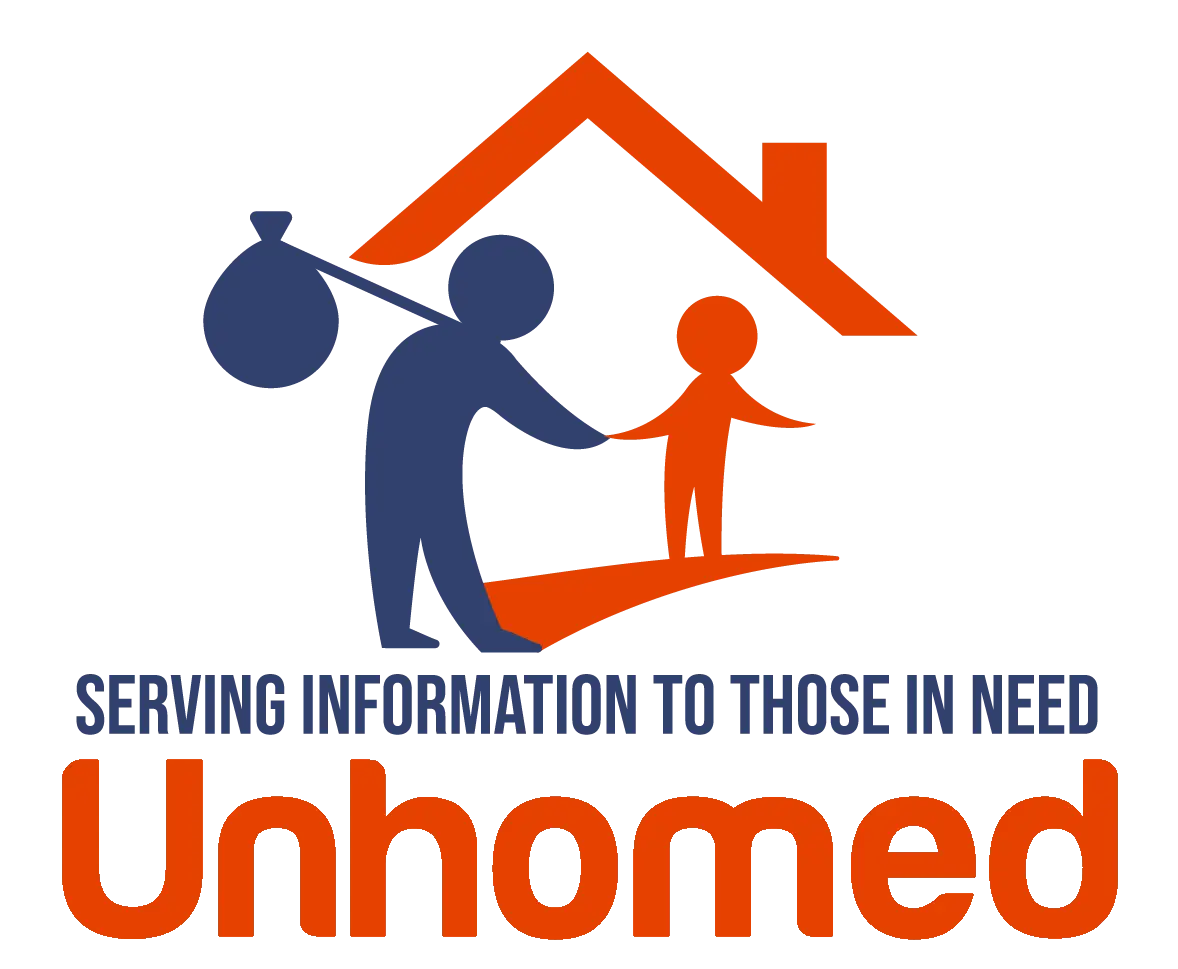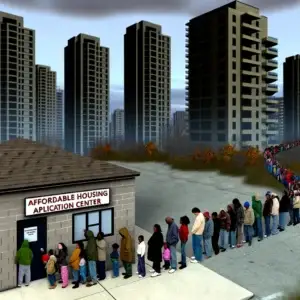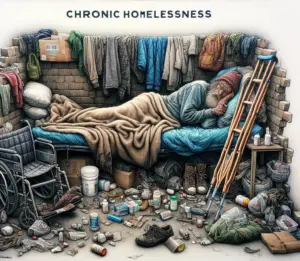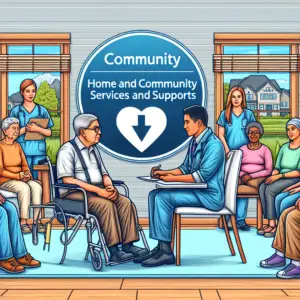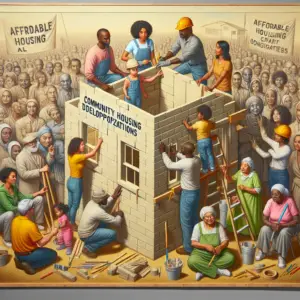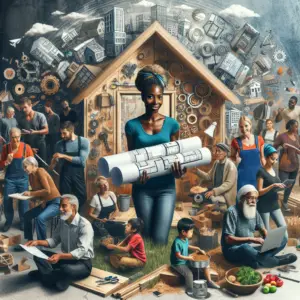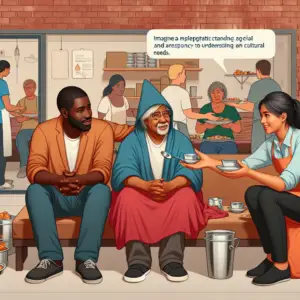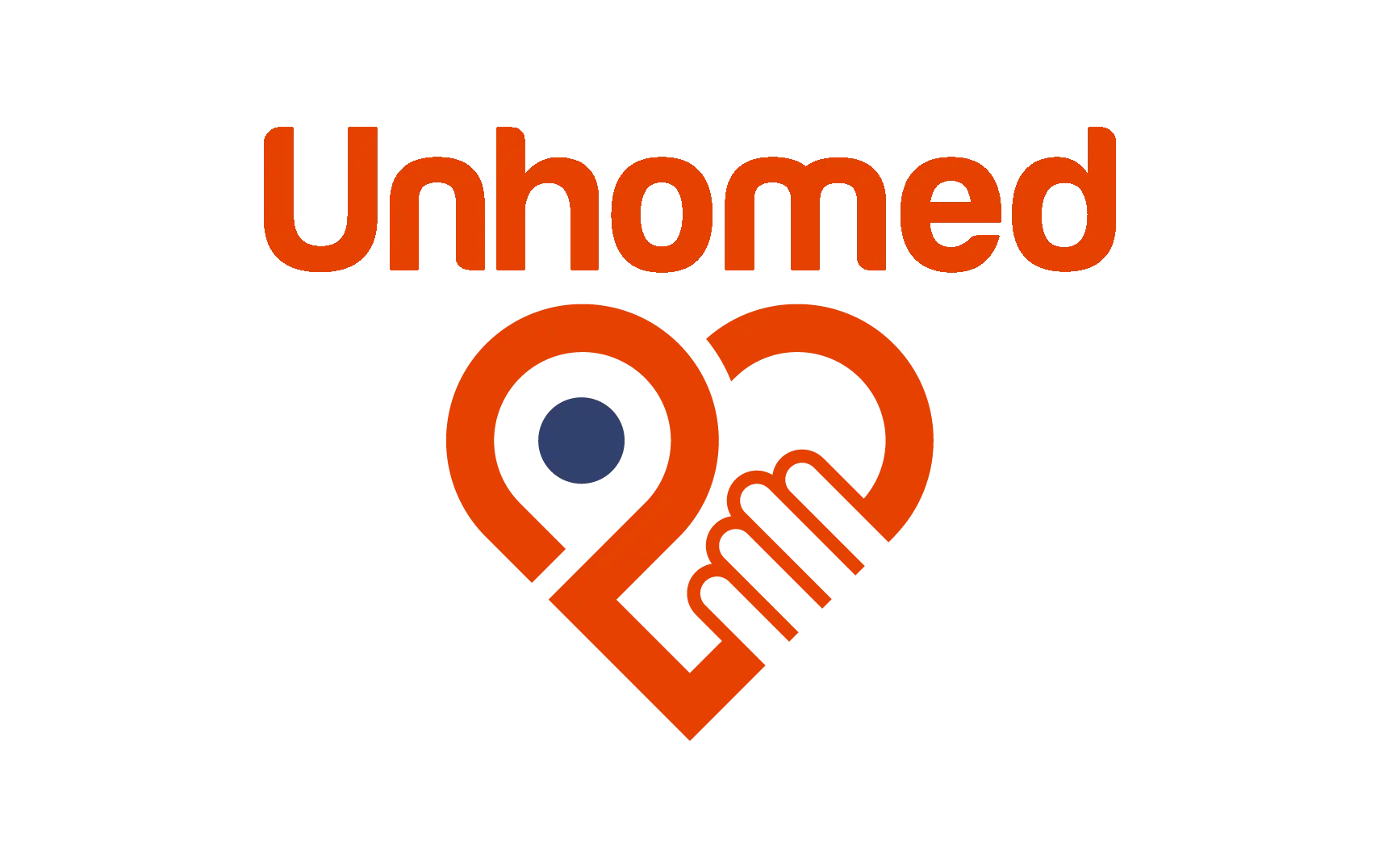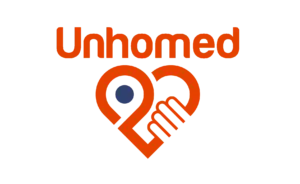Affordable Housing Crisis
- Refers to the widespread and growing gap between the cost of housing and what individuals and families can afford, often cited as a primary driver of homelessness. This crisis is marked by rising rents, a scarcity of affordable units, and stagnating wages.
- March 27, 2024
Affordable Housing Shortfall
- The gap between the demand for affordable housing and the available supply. This shortfall contributes significantly to housing insecurity and homelessness.
- March 27, 2024
Asset Building
- Strategies and programs designed to increase the financial stability of low-income or vulnerable populations by helping them acquire and build assets (e.g., savings, home equity, education). Asset building is seen as a key component in preventing homelessness by enhancing economic resilience.
- March 27, 2024
Asset Mapping
- A method used by communities to identify resources, strengths, and capacities available to address homelessness and support those affected. It involves cataloging tangible and intangible assets, such as community centers, healthcare facilities, and local expertise.
- March 27, 2024
Biopsychosocial Model
- A holistic approach to understanding homelessness that considers the biological, psychological, and social factors affecting an individual. It recognizes that homelessness can result from a complex interplay of health issues, personal circumstances, and societal conditions.
- March 27, 2024
Bridge Housing
- Temporary housing that serves as a transition from homelessness to permanent housing, offering residents more stability and support than emergency shelters but without the long-term commitment of traditional housing.
- March 27, 2024
Case Management Services
- Support services provided to individuals experiencing homelessness or at risk of homelessness, including assessment, planning, facilitation, care coordination, evaluation, and advocacy to meet an individual"s comprehensive health needs through communication and available resources.
- March 27, 2024
Chronic Homelessness
- Describes individuals who have been homeless for at least a year—or repeatedly—while struggling with a disabling condition such as a serious mental illness, substance use disorder, or physical disability. This term captures both the duration and complexity of their homelessness.
- March 27, 2024
Community First Choice (CFC)
- A Medicaid option that provides states with the opportunity to offer home and community-based attendant services and supports to individuals with disabilities, including those at risk of homelessness.
- March 27, 2024
Community Housing Development Organizations (CHDOs)
- Nonprofit, community-based service organizations that develop affordable housing for low-income individuals and families, playing a critical role in addressing the shortage of affordable housing and combating homelessness.
- March 27, 2024
Community-Led Solutions
- Initiatives driven by the affected community members themselves to address homelessness, leveraging local knowledge, resources, and networks for sustainable impact.
- March 27, 2024
Continuum of Care (CoC)
- A collaborative funding and planning approach that helps communities plan for and provide a full range of emergency, transitional, and permanent housing and services to address the various needs of homeless individuals and families.
- March 27, 2024
Coordinated Entry System (CES)
- A process developed to ensure that all people experiencing a housing crisis have fair and equal access to services, regardless of where they seek help. CES aims to quickly identify, assess, and connect people to housing and assistance based on their needs.
- March 27, 2024
Couch Surfing
- The practice of temporarily staying with friends, family, or acquaintances, moving from one house to another, often due to the lack of a stable and permanent place to live. This form of temporary accommodation can mask the true extent of homelessness.
- March 27, 2024
Crisis Response Teams
- Groups of professionals trained to address the immediate needs of individuals experiencing a crisis related to homelessness, mental health, substance use, or other emergencies, providing rapid assessment, intervention, and connection to ongoing support services.
- March 27, 2024
Crisis Stabilization Units
- Facilities designed to provide short-term, intensive treatment to individuals experiencing a mental health crisis, offering an alternative to hospitalization and potentially preventing homelessness for those with acute mental health needs.
- March 27, 2024
Cultural Competency in Homelessness Services
- The ability of service providers to understand and appropriately respond to the cultural needs of diverse populations experiencing homelessness, ensuring that services are effective and respectful.
- March 27, 2024
Day Shelters
- Facilities that provide homeless individuals with a safe place to stay during the day, offering access to bathrooms, showers, laundry facilities, and sometimes counseling or job search assistance, but do not provide overnight accommodation.
- March 27, 2024
Digital Inclusion
- Efforts to ensure that individuals experiencing homelessness have access to digital resources, including the internet, digital literacy training, and computers or mobile devices, recognizing that such access is crucial for finding housing, employment, and support services.
- March 27, 2024
Discharge Planning
- The process used by institutions (like hospitals, jails, and child welfare systems) to create a plan for individuals at risk of homelessness upon discharge, aiming to ensure a smooth transition to stable housing.
- March 27, 2024
Diversion Programs
- Initiatives designed to prevent homelessness by helping individuals or families seeking shelter to identify immediate alternate housing arrangements. These programs may provide mediation, financial assistance, or connections to support networks to avoid entry into the homelessness system.
- March 27, 2024
Double-Up Homelessness
- Refers to individuals or families who live with relatives, friends, or others due to economic hardship or lack of housing options, without the security of tenure. This form of hidden homelessness often goes uncounted in official statistics.
- March 27, 2024
Economic Homelessness
- Occurs when individuals or families are unable to afford housing due to economic factors, such as unemployment, high housing costs, or low wages. This term underscores the relationship between economic instability and the risk of losing one"s home.
- March 27, 2024
Emergency Housing Vouchers (EHVs)
- Special vouchers provided by housing authorities to assist individuals and families who are homeless, at risk of homelessness, or fleeing domestic violence, dating violence, sexual assault, stalking, or human trafficking. EHVs are designed to offer immediate access to housing.
- March 27, 2024
Emergency Shelters
- Temporary accommodations provided in response to immediate needs of those without homes. These shelters offer a safe space to sleep and may provide additional services, such as meals, laundry, and counseling, aiming to address the short-term needs of homeless individuals and families.
- March 27, 2024
